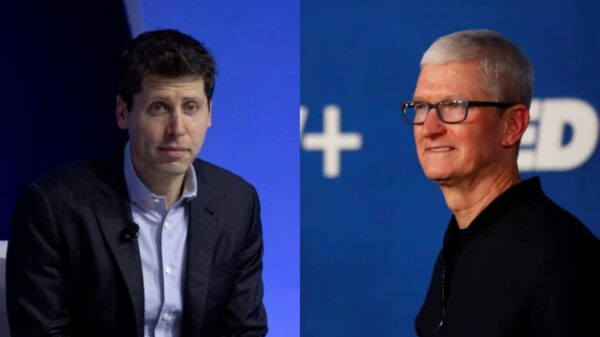Research by Dr. Philipp Haueis, a philosopher of science at Bielefeld University, reveals significant insights into how brain metabolism influences cognitive functions such as memory, perception, and attention. In a recent publication in the journal Behavioral and Brain Sciences, Haueis and his co-author David J. Colaço, Ph.D., from Ludwig-Maximilians-Universität Munich, argue that understanding the brain’s energy demands is crucial for developing realistic models of thought.
The study highlights that while the human brain comprises only about 2% of total body mass, it accounts for approximately 20% of the body’s energy consumption. Despite this high energy usage, the brain operates more efficiently than modern computers. Yet, many cognitive models fail to consider these metabolic constraints, which can lead to unrealistic conclusions about mental processes.
Metabolism’s Role in Cognitive Modeling
Haueis and Colaço identify two primary roles of metabolism in cognitive modeling. Firstly, it serves as a benchmark for the biological plausibility of existing cognitive models. If a model demands more energy than the brain can supply, it is deemed unfeasible. Secondly, insights into metabolism can aid in the creation of new models, potentially revealing overlooked connections between brain structure and information processing. For example, understanding how neural networks utilize energy can inform more efficient learning strategies.
The publication systematically summarizes how these metabolic insights can refine our understanding of cognitive processes. The authors emphasize the necessity of interdisciplinary collaboration in this area of research. Through the journal’s “Open Peer Commentary” format, the study invites contributions from experts across various disciplines, fostering a wider dialogue that extends beyond specialized academic circles.
Implications for AI and Cognitive Science
The implications of this research reach far beyond theoretical discussions. It raises important questions regarding mental effort, computation theories in the brain, and the distinctions between artificial intelligence and biological intelligence. Haueis states, “If we understand that thinking costs energy, we also better understand why attention is limited and why machine learning—unconstrained by biology—follows different paths.”
This study not only enriches basic research but also catalyzes societal discussions about the energy efficiency of cognitive processes and the nature of intelligence itself. It emerges from the Institute for Studies of Science (ISoS) at Bielefeld University, which gained recognition as a central academic unit in May 2025. ISoS aims to integrate interdisciplinary research on science, medicine, and technology, examining the interplay between scientific practices and societal contexts.
In summary, the research by Haueis and Colaço offers a fresh perspective on the interplay between metabolism and cognition, potentially reshaping our understanding of both human thought and the development of artificial intelligence. As these discussions unfold, they promise to influence future research directions and practical applications in cognitive science and technology.








































































